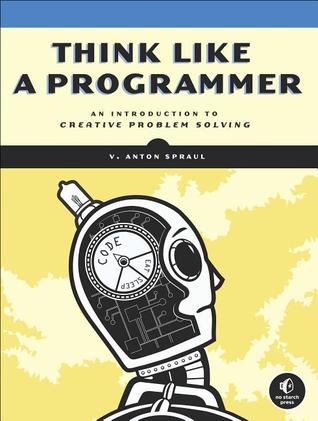Pintos : Series : Part 4 : Final
In this blog post, we will be done with our Pintos Project #1 and this Pintos Series AlhumdullillAllah.
so let's start...
In the previous posts of this series, we have looked at the problem that is of busy waiting. To solve this problem I took help from code written by other people on Github, so to learn it deeper you can get to look at this code, by Muhammad Zaheer .
The basic modification is done in two files i.e. timer.c and thread.h;
ALARM CLOCK IMPLEMENTAIONS
==========================
Changes in timer.c:
- A global list of sleeping threads is created as:
-static struct list sleep_list;
Changes in thread.h:
- For keeping track of a sleeping thread when woken up, we declared:
-int64_t sleep_time;
- When a thread calls timer_sleep(), it gets into the sleep list as:
-struct list_elem sleep_list_elem
Algorithms Used
We reimplemented timer_sleep() in devices/timer.c, as it spins in a loop to check the current time and to call thread_yield() which wastes a lot of time, so we needed to avoid busy waiting. Hence we replaced thread_yield() with thread_block() with other functionalities as mentioned below:
In timer_sleep() :
- First Check ticks <=0, if yes then return
- Then enable the interrupts
- Get to the current thread by using thread_current() function
- Then set its (current thread's) sleep_time equal to the number of
ticks it wants to sleep.
- Then insert the current thread in the global sleep list (i.e. static struct list sleep_list) in (ascending) order
In timer_interrupt() :
| CODE
| ====
|
| /* Timer interrupt handler. */
| static void
| timer_interrupt (struct intr_frame *args UNUSED)
| {
| ticks++;
| /* Wake up sleeping threads that are eligible
| i.e. sleep_time <= ticks */
| wake_sleep();
| thread_tick();
| }
|
| /* Loops over the sleep list and wakes up eligible threads
| Terminates if a thread has greater sleep_time than current val of ticks
| because sleep_list is ordered */
|
| static void
| wake_sleep()
| {
| struct list_elem * e;
|
| for (e = list_begin(&sleep_list); e!=list_end(&sleep_list); e=list_next(e))
| {
| struct thread * thread = list_entry(e,struct thread, sleep_list_elem);
| if (thread->sleep_time <= timer_ticks())
| {
| thread->sleep_time = 0;
| thread_unblock(thread);
| list_remove(e);
|
| }
| else break;
|
| }
|
| }
|
Here it:
- Increment ticks
- Then call to wake_sleep() having functionality:
- To Traverse the sleep_list
- For each element, checks if its sleep_time
is <= (timer_ticks())
- If yes, then set its sleep_time = 0, unblock it and
truncate it from the sleep_list
- else break
- - Then a call to thread_ticks(), to makes sure that current thread yield the CPU if greater priority thread is woken up. [ for Alarm-priority but do not consider this step for this project ]
Summary
So , to solve the problem:- Initialize ticks in timer.c as: static int64_t ticks;
- In devices/timer.c edit timer_sleep() function
- Define wake_threads() function.
- Edit timer_interrupt().
- In devices/timer.c define and initialize sleep_list
- Insert the thread to be slept in sleep_list
This is all about the PintOS Project #1. I hope you have understood the concepts.
Keep Learning :)










Comments
Post a Comment